All Workshops
View all-

Boris and Baba
Boris and Baba captures the magic of childhood moments spent cooking, laughing, and learning in a grandparent’s kitchen. Through it’s heartwarming story, the book reminds readers of the joy of family, the taste of treasured recipes, and the lasting memories created when generations come together.
Boris and Baba
Boris and Baba captures the magic of childhood moments spent cooking, laughing, and learning in a grandparent’s kitchen. Through it’s heartwarming story, the book reminds readers of the joy of...
-

NEW! Nourishing Every Child: Supporting Families Facing Food Insecurity
This interactive workshop is designed for early childhood educators who work with young children and their families. Participants will explore the realities of food insecurity, its impact on child development, and practical strategies to support families facing these challenges. The session will foster a compassionate, strengths-based approach, equipping educators with tools to create inclusive, supportive environments and connect families to vital resources.
NEW! Nourishing Every Child: Supporting Famili...
This interactive workshop is designed for early childhood educators who work with young children and their families. Participants will explore the realities of food insecurity, its impact on child development,...
-
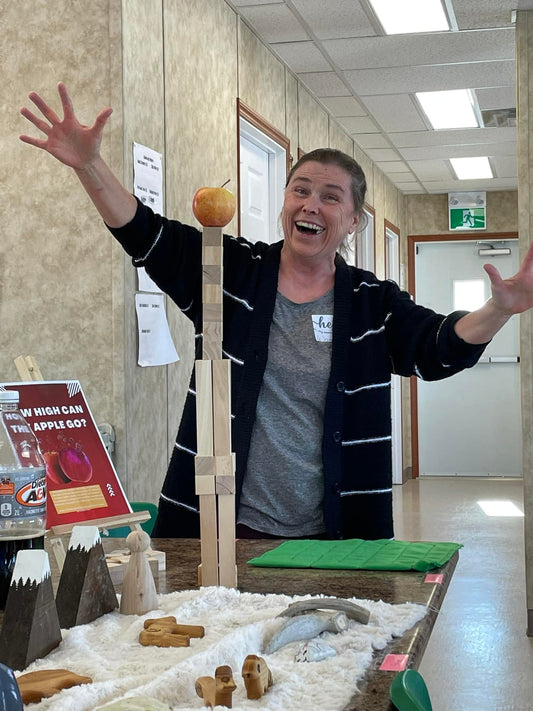
NEW! Redefining Quality: Inspiring Excellence in Early Childhood Education
Participate in an insightful workshop designed for educators, caregivers, and anyone dedicated to elevating the standards of early learning. Dive into the essential elements that define quality in early childhood education—and discover how you can create environments where every child thrives.
NEW! Redefining Quality: Inspiring Excellence ...
Participate in an insightful workshop designed for educators, caregivers, and anyone dedicated to elevating the standards of early learning. Dive into the essential elements that define quality in early childhood...
-
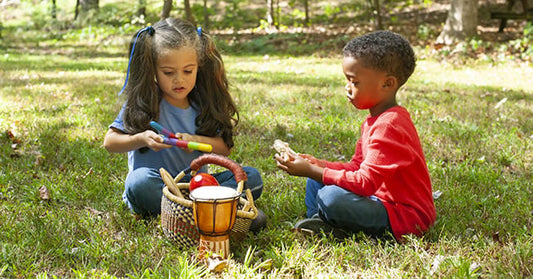
NEW! Sound & Rhythm: Playful Pathways to Musical Discovery
Experience an engaging workshop crafted for educators, caregivers, and anyone eager to inspire a love of music and movement in young children. Dive into the world of sound exploration and hand clap games—dynamic activities that nurture creativity, coordination, and social connection.
NEW! Sound & Rhythm: Playful Pathways to Music...
Experience an engaging workshop crafted for educators, caregivers, and anyone eager to inspire a love of music and movement in young children. Dive into the world of sound exploration and...
-
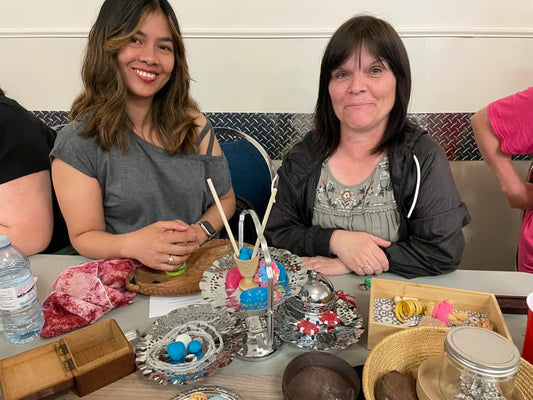
Invitations—In and Out
Join us for an innovative workshop designed for educators, parents, and caregivers. Explore a wide array of creative invitation designs that captivate children’s attention and promote development across multiple domains.
Invitations—In and Out
Join us for an innovative workshop designed for educators, parents, and caregivers. Explore a wide array of creative invitation designs that captivate children’s attention and promote development across multiple domains.
-
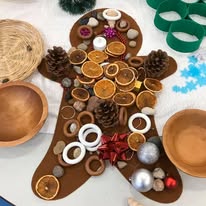
Loose Parts: The What, Why, and How
Discover the transformative power of loose parts play in early childhood education. This hands-on workshop explores open-ended materials and their role in fostering creativity, problem-solving, and critical thinking.
Loose Parts: The What, Why, and How
Discover the transformative power of loose parts play in early childhood education. This hands-on workshop explores open-ended materials and their role in fostering creativity, problem-solving, and critical thinking.
-
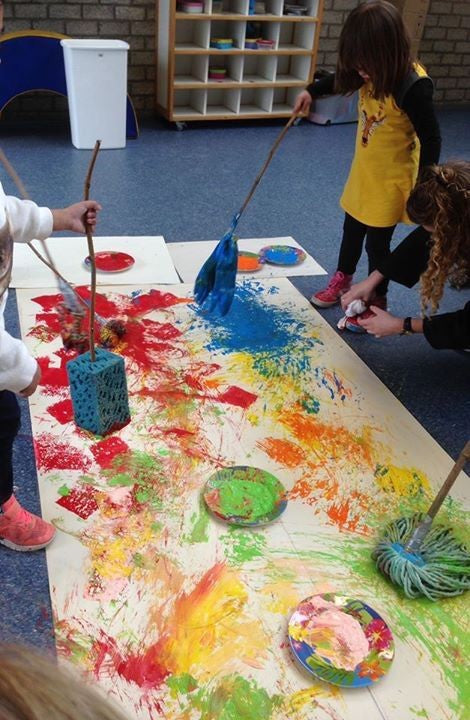
In the Grand 'Schema' Things
Gain essential insights into schemas—repeated patterns of behavior that infants and toddlers use to explore the world. This workshop empowers early childhood educators to interpret and guide children’s actions more effectively.
In the Grand 'Schema' Things
Gain essential insights into schemas—repeated patterns of behavior that infants and toddlers use to explore the world. This workshop empowers early childhood educators to interpret and guide children’s actions more...
-
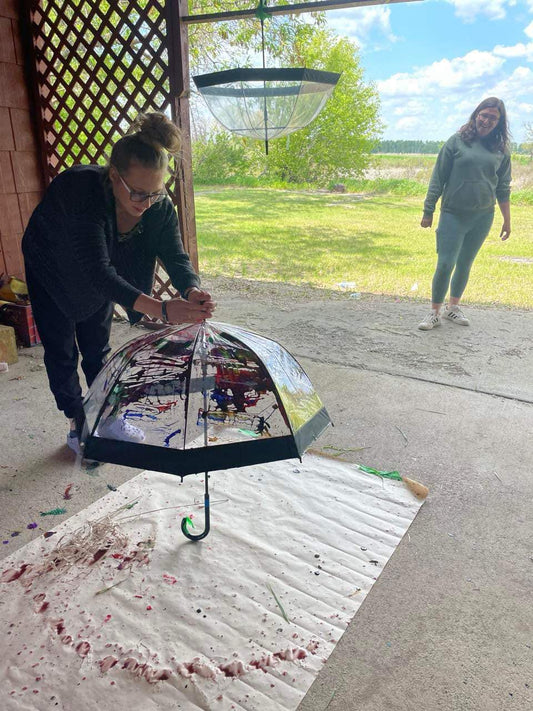
Mash, Bash, and Crash: Incorporating Vestibular and Proprioception Needs of Children
This interactive workshop is designed for educators, therapists, childcare providers, and parents of children aged 3–12 years. Explore the significance of big body and messy play in supporting children’s vestibular and proprioceptive needs.
Mash, Bash, and Crash: Incorporating Vestibular...
This interactive workshop is designed for educators, therapists, childcare providers, and parents of children aged 3–12 years. Explore the significance of big body and messy play in supporting children’s vestibular...
-
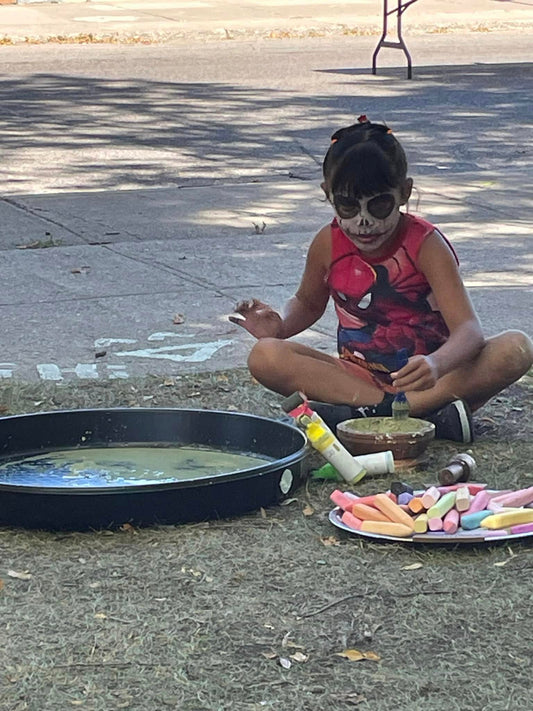
Navigating Challenging Behavior
Gain essential skills and strategies for managing challenging behaviors in educational and care settings. Whether you’re new to the field or seeking a refresher, this workshop will boost your confidence and competence.
Navigating Challenging Behavior
Gain essential skills and strategies for managing challenging behaviors in educational and care settings. Whether you’re new to the field or seeking a refresher, this workshop will boost your confidence...
-
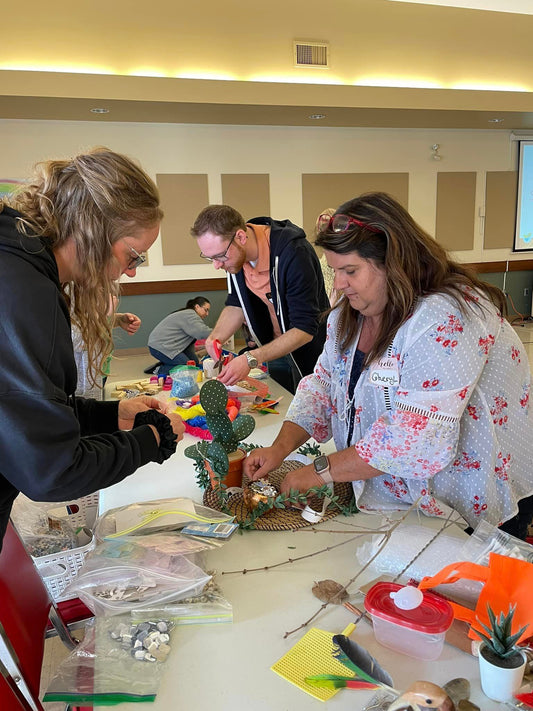
Communication & Collaboration in Your Early Learning Program
Unlock the power of effective teamwork and cultivate a harmonious workplace in your early learning program. This interactive workshop focuses on enhancing communication skills and fostering collaboration among colleagues—essential elements for a thriving and respectful environment.
Communication & Collaboration in Your Early Lea...
Unlock the power of effective teamwork and cultivate a harmonious workplace in your early learning program. This interactive workshop focuses on enhancing communication skills and fostering collaboration among colleagues—essential elements...
-
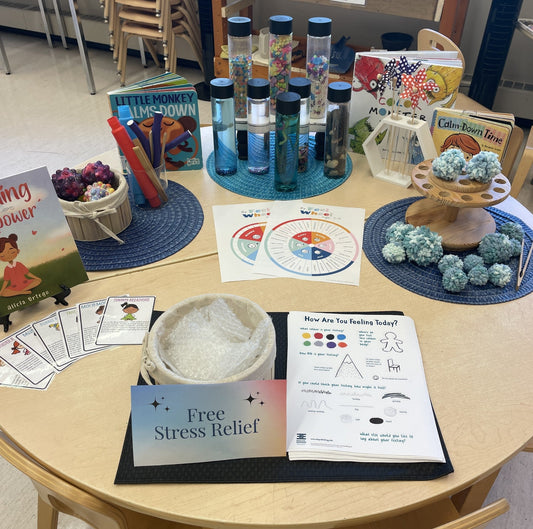
The Road to Self-Regulation
Children in the 2020s face unique social and emotional challenges, including increased anxiety and depression. As educators, it is our responsibility to create safe, supportive environments where children can re-learn essential self-regulation skills.
The Road to Self-Regulation
Children in the 2020s face unique social and emotional challenges, including increased anxiety and depression. As educators, it is our responsibility to create safe, supportive environments where children can re-learn...
-
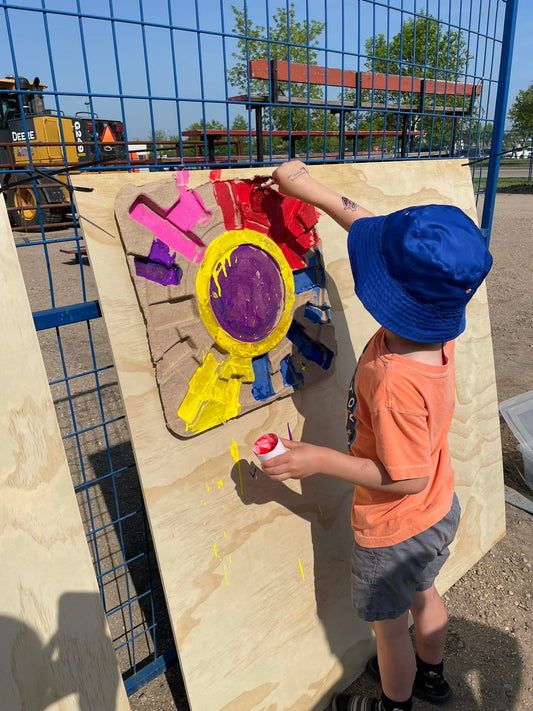
Embrace the Process: Creative Experiences for Curious Minds
Join us for a transformative workshop designed for educators, caregivers, and anyone passionate about nurturing creativity and curiosity in children. Explore the power of process-based learning—a dynamic approach that empowers children to take the lead in their own educational journeys.
Embrace the Process: Creative Experiences for C...
Join us for a transformative workshop designed for educators, caregivers, and anyone passionate about nurturing creativity and curiosity in children. Explore the power of process-based learning—a dynamic approach that empowers...
Subscribe to our emails
Be the first to know about new collections and exclusive offers.












